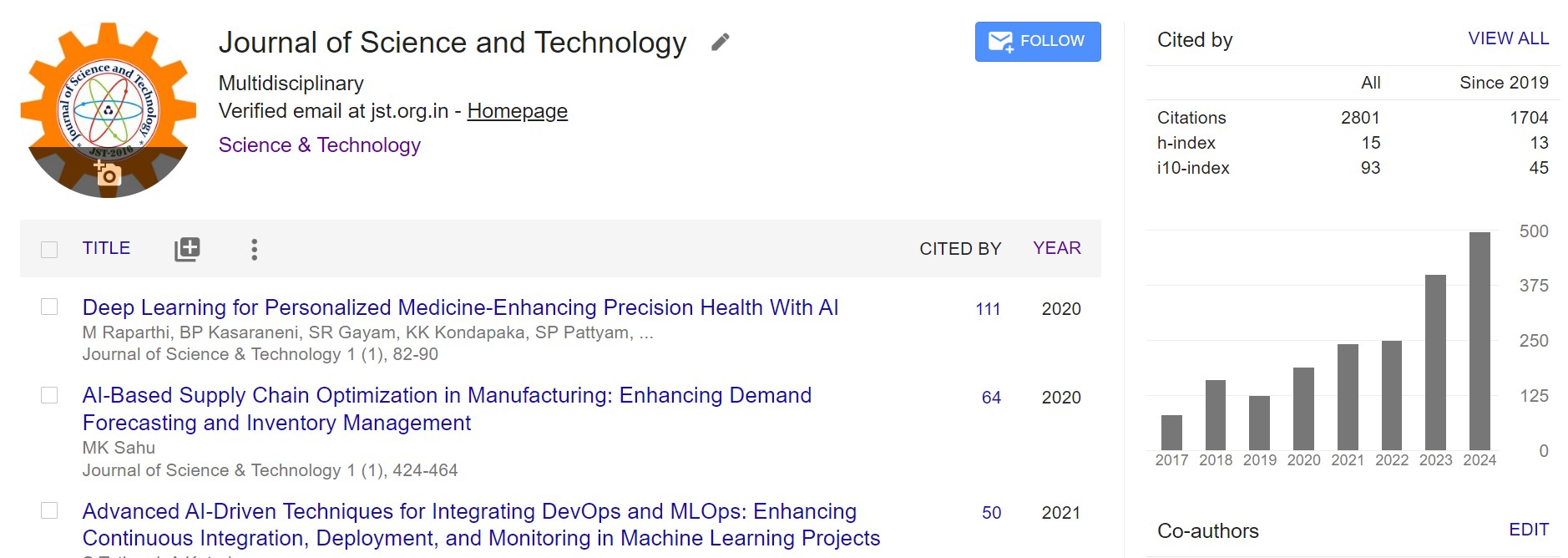The psychological origins of perceived usefulness and ease-of-use
DOI:
https://doi.org/10.46243/jst.2021.v6.i06.pp217-230Keywords:
Technology acceptance model, System use, Adoption, Media choice, Social presence theoryAbstract
The technology acceptance model has identified the role of the perceived usefulness and perceived ease-of-use constructs in the information technology adoption process. Whereas past research has been valuable in explaining how such beliefs lead to system use, it has not explored how and why these beliefs develop. To extend the theory of technology acceptance, this paper offers an explanation for the psychological origins of usefulness and ease-of-use. Based on social presence theory, social influence theory, and Triandis' modifications to the theory of reasoned action, causal relationships between the proposed antecedents and perceived usefulness and perceived ease-of-use are examined. To test the theory, data were gathered from 100 users of an E-mail system and tested using LISREL. Findings indicate that system use is affected by perceptions of the medium's usefulness which are, in turn, affected by perceptions of the ease-of-useof the medium, the degree of social influence exerted by supervisors, and perceptions of the social presence of the medium. Accessibility of the medium influences perceptions of the ease-of-use of the medium. Surprisingly, facilitating conditions such as the availability of training and support for the use of information technology had no impact on perceptions of ease-of-use or usefulness of E-mail. Ⓒ 1999 Elsevier Science B.V. All rights reserved.


























